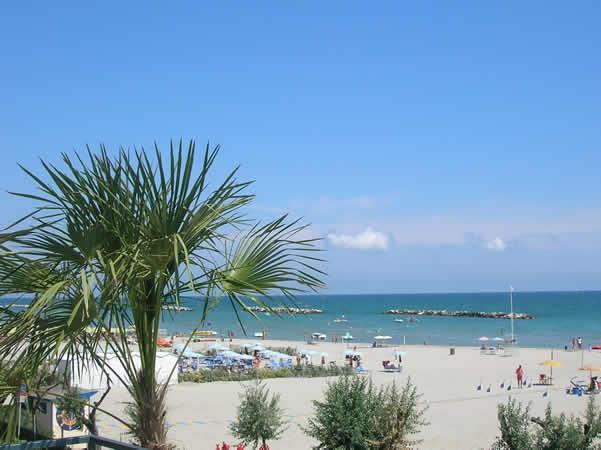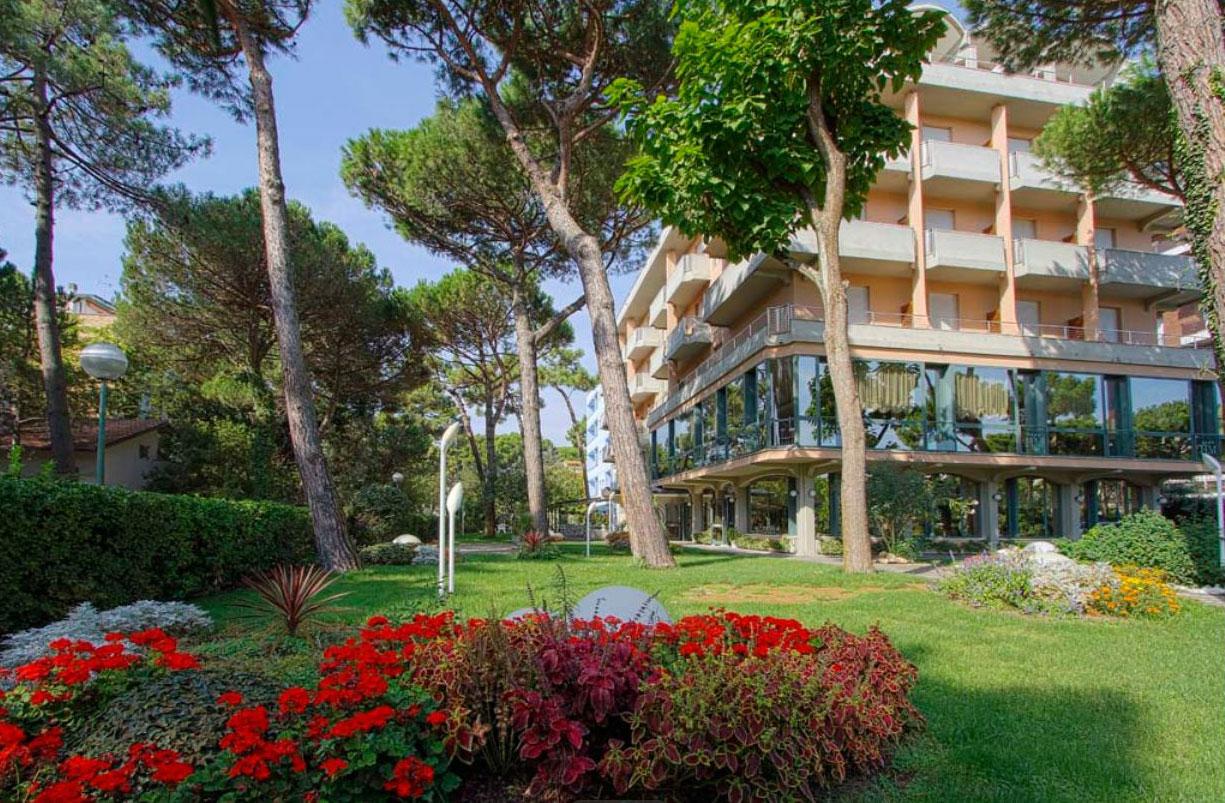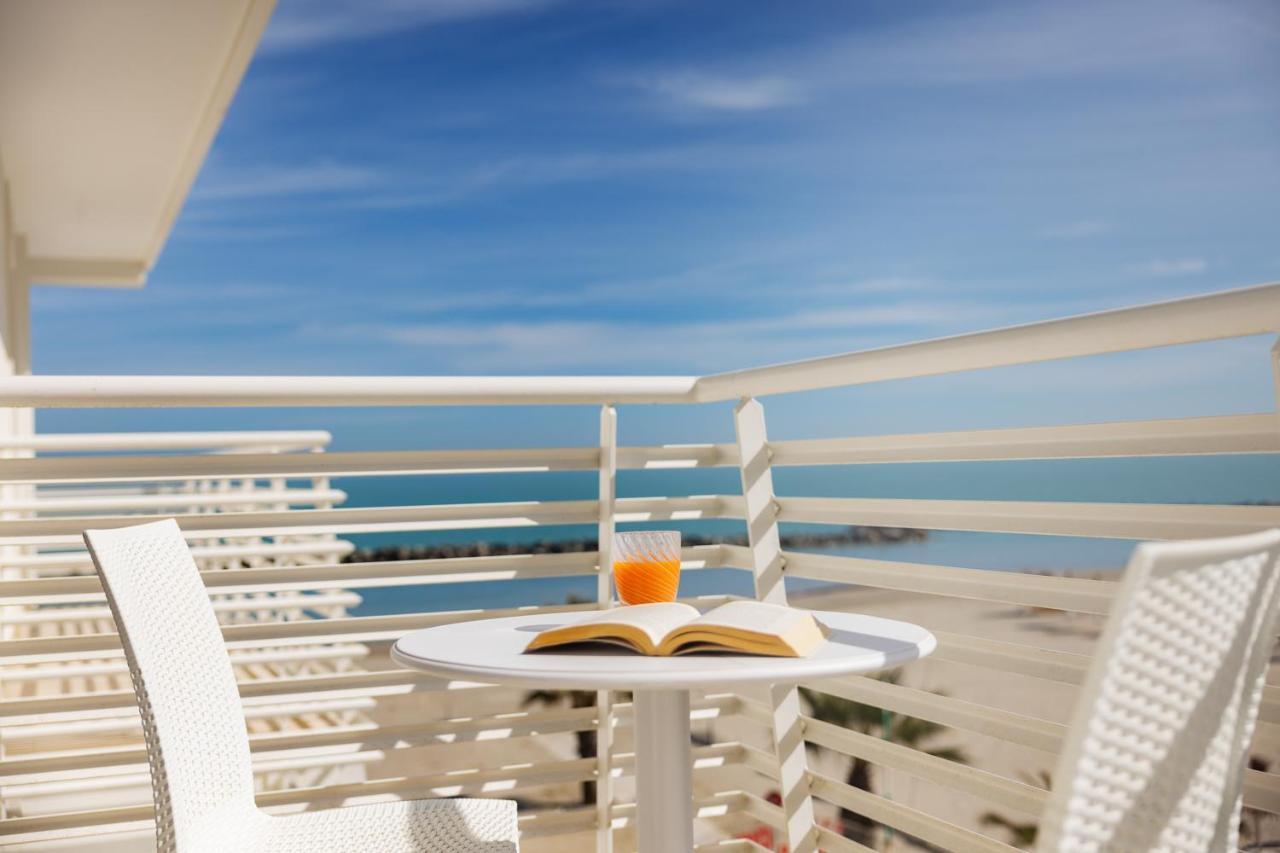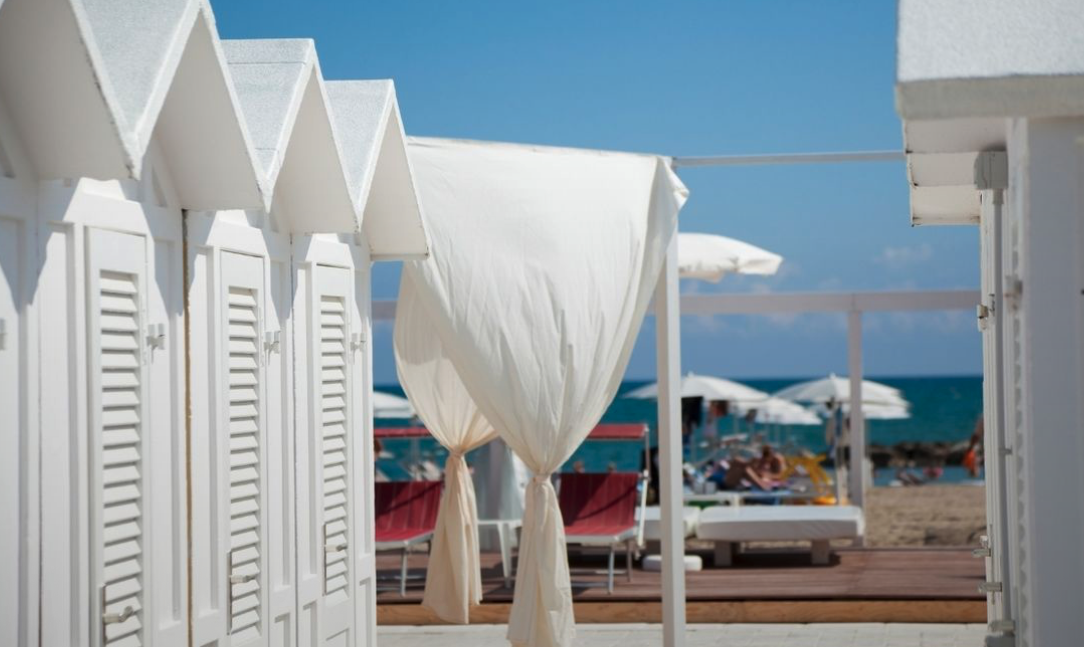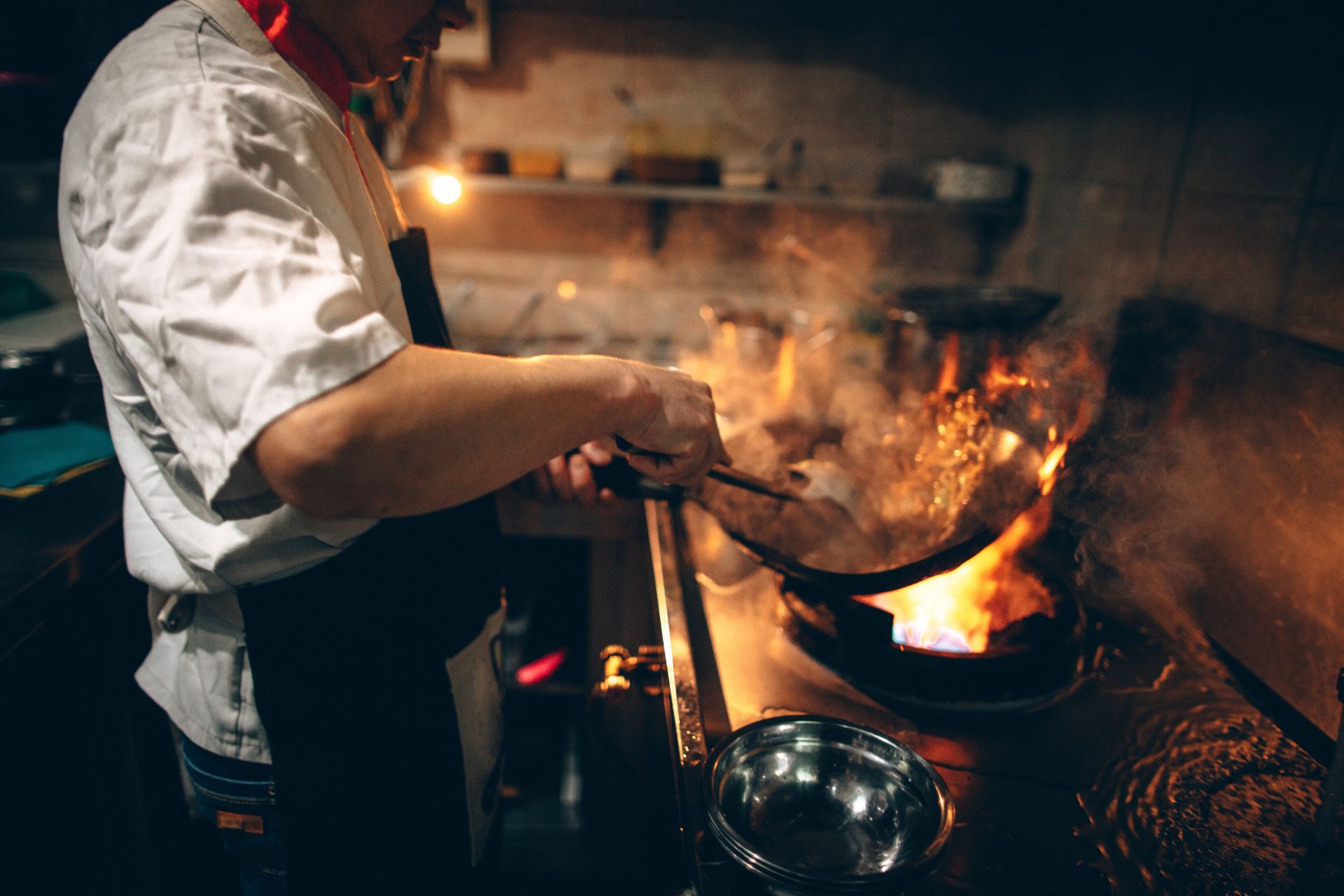The Feast of Ferragosto is a deeply rooted tradition in Italy. The term 'Ferragosto' derives from the Latin 'Feriae Augusti', meaning 'Augustus' holiday'.
Augustus was the Roman emperor Octavian, who in 18 BC instituted a holiday to celebrate the harvest season and to allow a period of rest and recreation for the population.
In ancient Rome, the festival lasted from 1 to 15 August and included games, theatre performances and banquets.
During this period, commercial and political activities were suspended and Roman families went to the countryside to enjoy a summer break.
Over time, the festival has also taken on a religious connotation, as 15 August is the day of the Assumption of Mary into heaven.
This led to the tradition of processions and religious celebrations in many Italian countries.
Today, the feast of Ferragosto is still very much felt in Italy with various celebrations and traditions.
Many people take advantage of the public holiday to organise picnics, barbecues, trips to the beach or the mountains with family and friends.
Many coastal towns also hold the traditional bathers' parade, in which people gather to bathe together in the sea.
In addition, numerous cultural events such as concerts, festivals and village feasts are held during the month of August, adding to the tradition of Ferragosto.
In short, the Feast of Ferragosto has ancient origins and represents a time of rest, leisure and conviviality, which is still celebrated with joy throughout Italy.
Holidays, origins and history
The word 'holiday' comes from the Latin 'vacatio', meaning 'free time, freedom from work'.
In ancient Rome, holidays were periods of time when slaves could enjoy a period of rest and freedom. However, holidays as we know them today originated in Europe in the 19th century.
The first organised holidays were mainly for the wealthier classes. For example, during the summer holiday period, wealthy families from the cities went to the countryside or to the seaside to escape the heat and monotony of the city. These holidays were mainly for therapeutic purposes, as it was believed that the outdoors and contact with nature were beneficial for physical and mental health.
With the advent of the Industrial Revolution, the working class began to fight for better working conditions, including paid holidays. During the 20th century, workers succeeded in obtaining the legal right to paid holidays.
With the increase in leisure time and means of transport, holidays have become increasingly accessible and popular for all social classes. Holiday destinations began with seaside and mountain resorts, but have expanded over time to include cities, foreign countries and even cruises.
Mass tourism has had a significant impact on holidays, allowing more and more people to travel and discover new places.
The growth of tourism has also led to an increase in the holiday sector, with the creation of travel agencies, airlines and hotels.
Today, holidays have become an important part of modern culture. They are considered a break from work and daily responsibilities, a time to relax, recharge and enjoy life. They are an opportunity to spend quality time with family and friends, explore new places and cultures, enjoy recreational and leisure activities, or simply get away from the daily routine.

